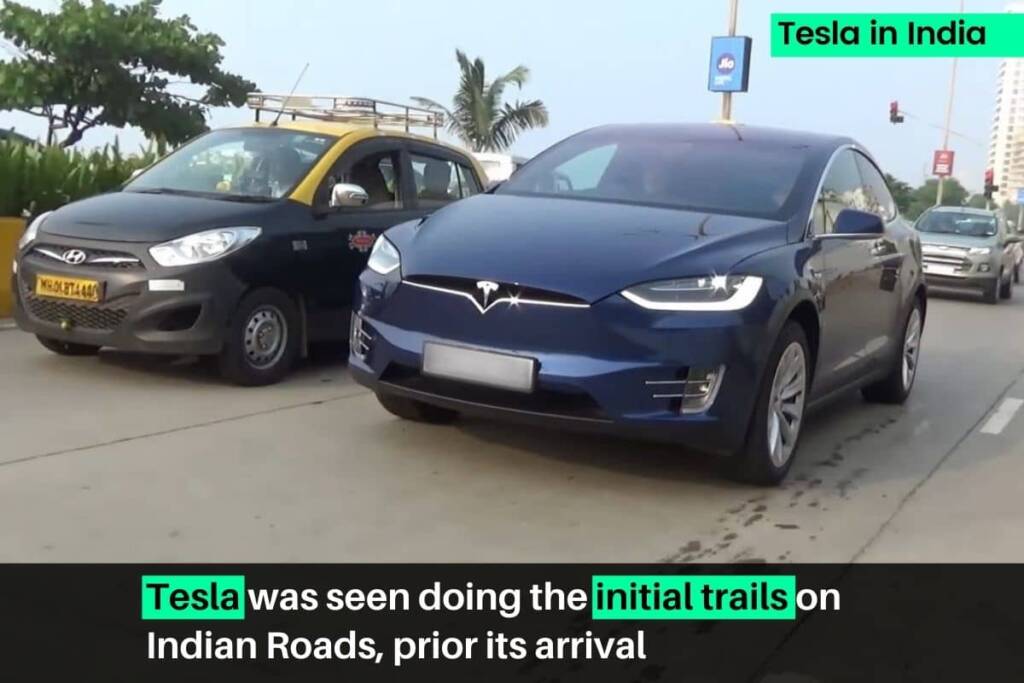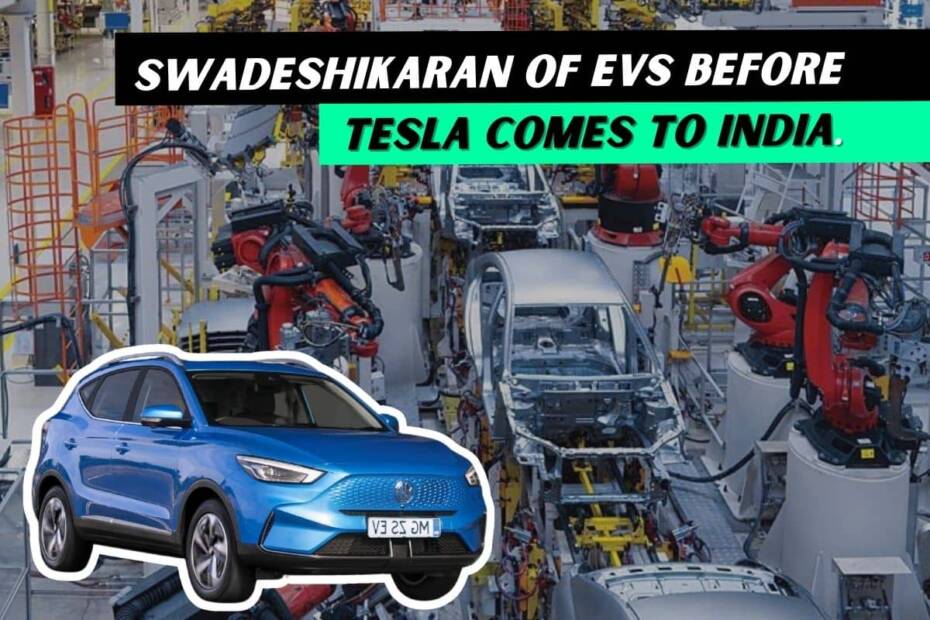India in the EV race must prove its firm existence before other foreign EV companies start plying in the Indian market. The indigenous production of EV components and maintaining a proper supply chain would help Indian manufacturers compete with other international players.
Highlights:
- Tamil Nadu, Punjab, Telangana, Maharashtra and West Bengal invited Tesla to install its shop in their respective states.
- This open invitation was the result of Elon Mask’s tweet regarding the challenging condition of EV in India.
- India needs critical raw materials and heavy capital investment to built a strong EV supply chain.
After EV tycoon, Elon Mask’s tweet regarding the challenging situation faced by the EV in India, the government of the Indian State of Tamil Nadu, Punjab, Telangana, Maharashtra, and West Bengal invited Tesla to install its shop in their respective states. The open invitation seems to be very obvious as the EV market sector in India is expected to be nearly 206 billion USD by 2030.

But, Tesla India along with other global EV companies are experiencing a dilemma when it comes to the Indian market. The Indian government wants these EV companies to set up their shop and manufacture in the Indian state, whereas these companies prefer to sell Completely Built Units (CBU) manufactured abroad. As a result, top EV companies like Tesla India, Audi, and Hyundai have made a plea to the ruling government to cut import duties which will eventually lead to a decrease in price and increase in the demand for Electric Vehicles. But the government seems to be very rigid regarding the impose of Import Duties on Completely Built Units (CBU) manufactured outside India.
EV Manufacturing in India.
The basic components required for the manufacturing of Electric Vehicles are chassis and body, battery and thermal dynamics management systems, battery packs, electric motors and power electronics. Out of these basic components, the chassis and body and Battery and thermal dynamics management systems are used in all conventional and hybrid Internal Combustion Engine (ICE) vehicles that can be locally produced and have a reduced cost structure. The problem arises with the other three components which are unique to EVs and comprise 60% of the total cost of an EV.
In addition to this, India, as it lacks raw materials such as lithium, cobalt, and nickel, is compelled to import them from countries like China, Korea, Japan, and Taiwan and assemble them in battery packs which becomes another factor for the rise in prices.
India also lacks initial raw material, deep technological expertise, and large capital investment which has always hindered EV manufacturing in India.
Building an indigenous EV supply chain before Tesla India:
The FAME-II guidelines state that Indian Ev companies should ensure that the locally manufactured components of the EV should comprise 40% of the price of EV bus and 50% for all the other EV categories. However, such a percentage is not possible due to the lack of critical raw material.
However, there are certain opportunities that could help in the Indianizing of EV supply chain, which includes-
- The Indian companies like Reliance Industries, Adani Groups and Tata Chemicals has assured the local manufacturing of batteries.
- Heavy Capital Investment in manufacture of Electric motors and power electrics might help to a great extent.
- The integration of the manufacturing hubs at different venues within the country viz. Manesar, Ludhiana and Pune has helped in localising the auto mobile manufacture in India,
- More importantly the healthy relationship between technology and auto-mobile players has become a hope of the Indianizing of EV supply chain.
READ MORE:
